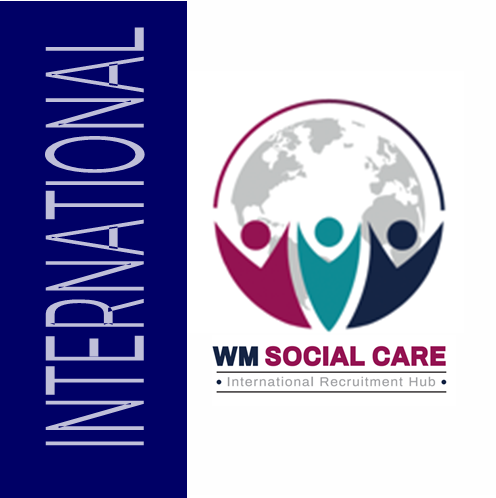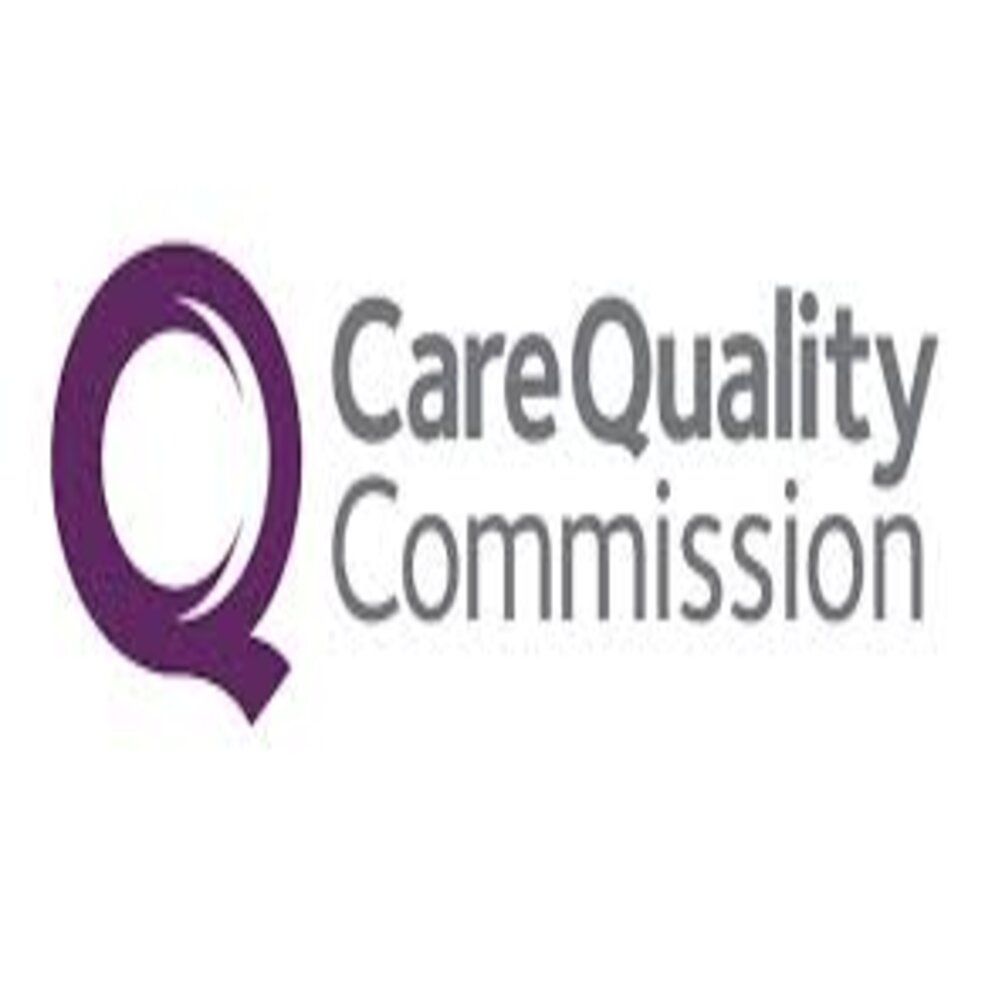NHS England are pleased to let you know that from 1 February they will be issuing a new monthly EXTERNAL Community Health Services bulletin. This bulletin is for everyone who works in community health services as well as our social care colleagues and others who work alongside community teams.
Sign up page: As with other official NHS England bulletins, it sits within the NHSE bulletin section on the website NHS England » Community health services bulletin where people can subscribe to receive the bulletin. All of your email addresses will be included in the first issue (you then have the option to unsubscribe if you wish). Please share with your networks and add the link to your email signature (see bottom of this email).
Below is some further detail and guidance for article submissions. If you wish to provide an article for the first edition, please see the guidance below and submit by close of play Wednesday 25 January (with apologies for tight turnaround on this first issue).
The NHS hope this will be a useful channel in helping them to regularly reach and update those working in community services.
- Bulletin audience: community service providers (NHS, independent, CICs, social enterprises) commissioners, social care national organisations and social care providers, health and social care professionals working in community services
- Frequency: Issued first Wednesday of each month (1 February)
- Deadline for content submission: 5pm last Wednesday of the month (25 January)
- Submit to: england.communityservices1@nhs.net Please ensure your email subject contains ‘CHS Bulletin submission’
- Content examples: Case studies from across the CHS portfolio, published documents, upcoming events/conferences where colleagues are speaking.
- Article general guidelines:
- Text must not exceed 100 words.
- Articles should be written in plain English – avoid the use of jargon.
- If using acronyms, please ensure they are fully spelled out first before then using acronyms.
- Ensure relevant links are embedded within the copy – avoid use of ‘click here’ or ‘see here for more information’ for accessibility purposes.
Please make sure your copy addresses the following:
- Who is your audience? Who is this information relevant for?
- What do they need to do, and when? What is the call to action?
- Have they been told about this before? If so, when/where? e.g., ‘as outlined in the XXX report’, ‘in the letter dated XXX’
- Have you included all the relevant information and links? e.g., to website, letters, slides or relevant mailboxes.






















